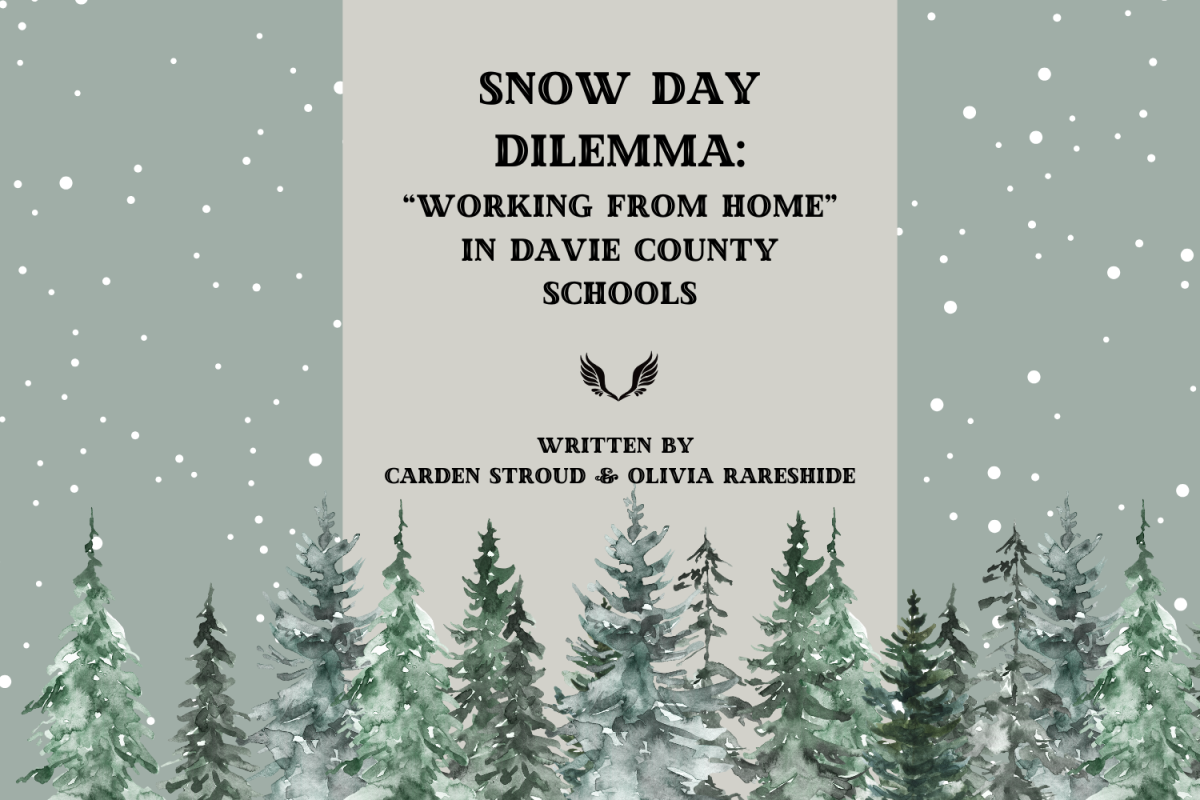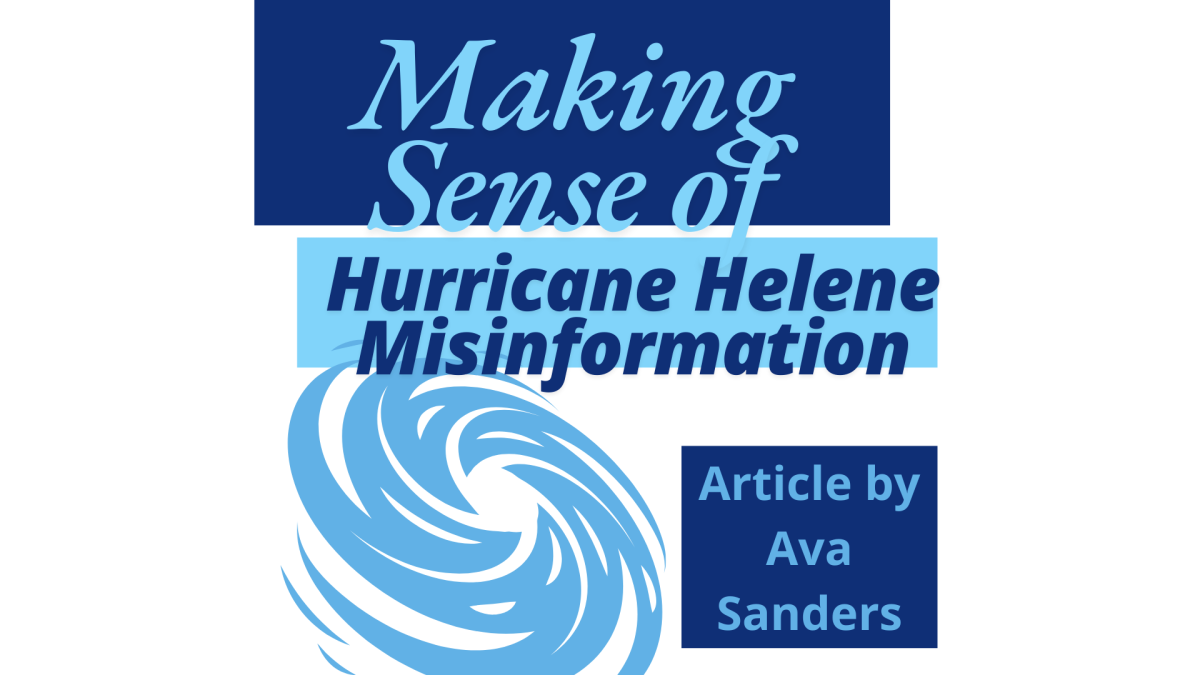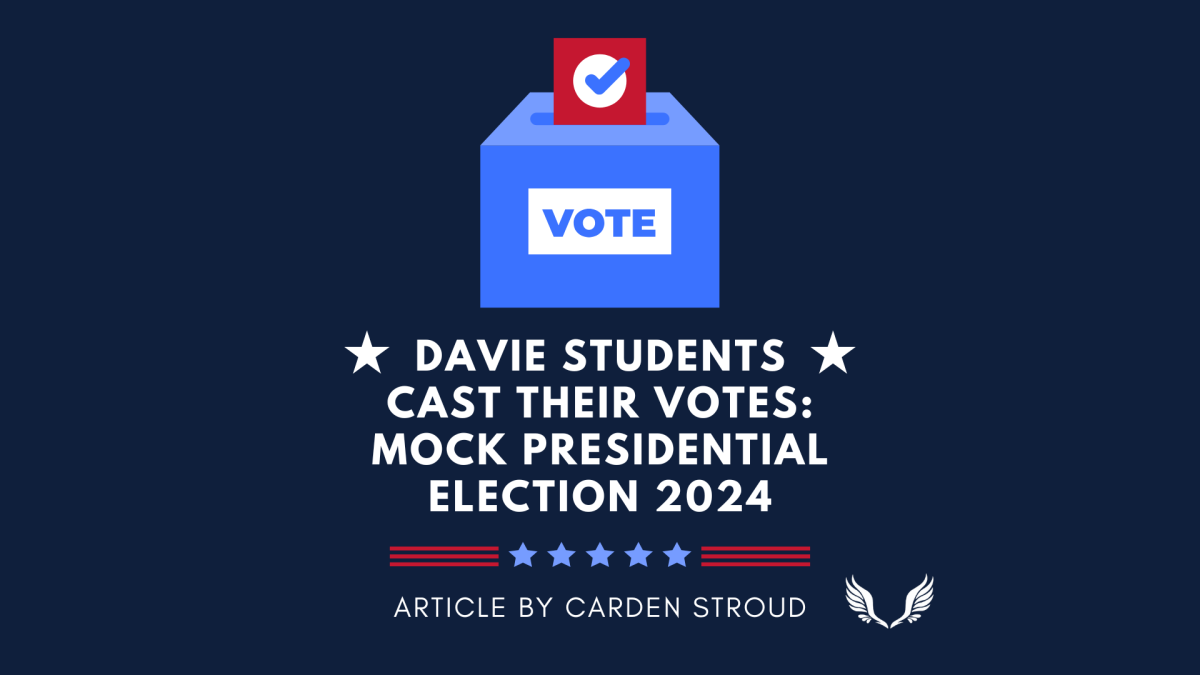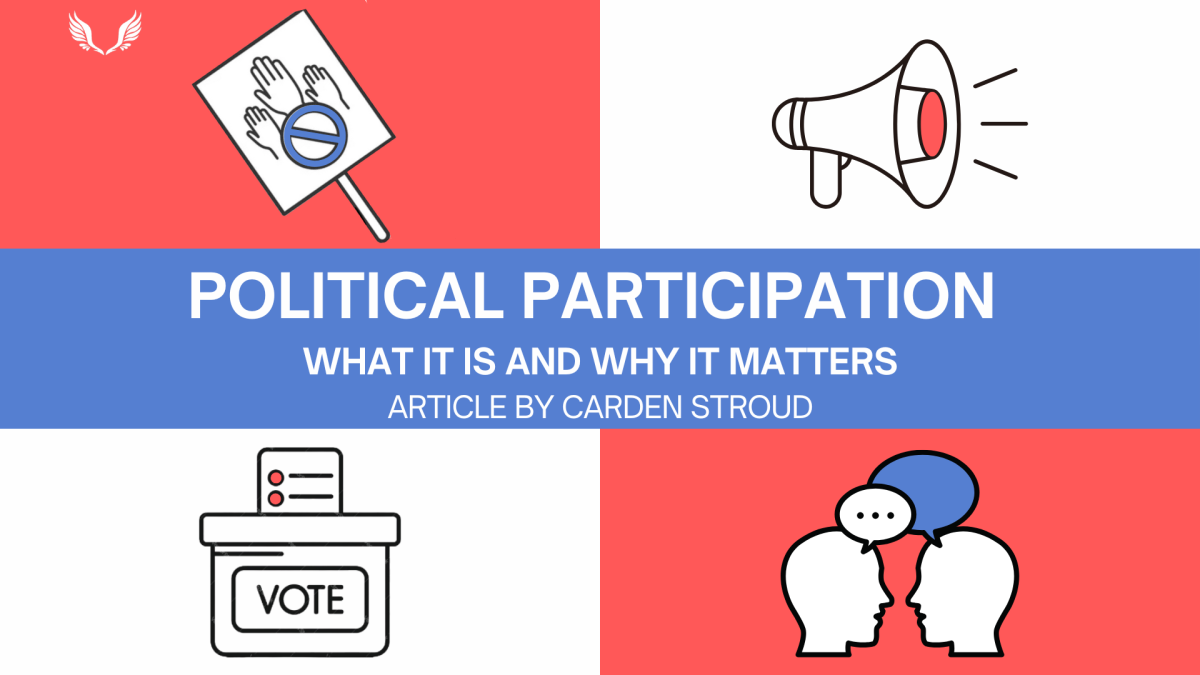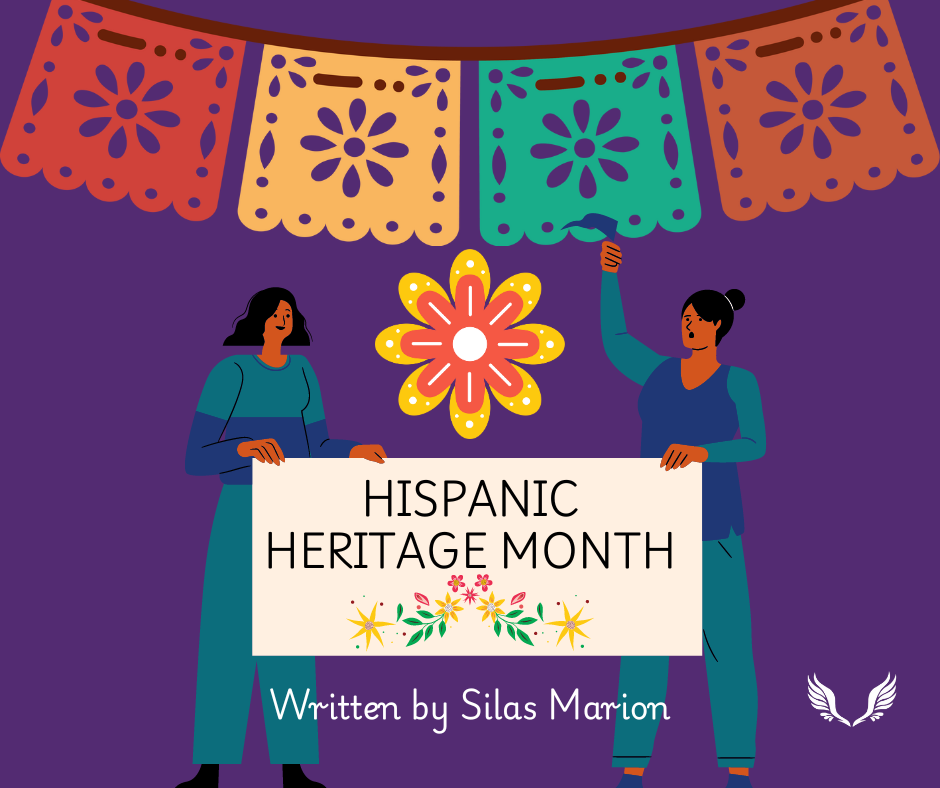Beginning in 2021, an increasing number of communities around the country and a great number of libraries and schools are receiving challenges from parents against books. This increase made the number of disputed books, or challenges against them, become four times as abundant as they were prior to 2021.
Such examples include Art Spiegelman’s Maus, addressing his father’s experience in the Holocaust through a comic book style interpretation, which in the state of Tennessee has been banned completely. Challengers of the novel cited its use of strong language and graphic depictions of events. Defenders of the novel discussed their dismay that the tellings of history could be glossed over just because of some discomfort felt by the readers of the novel. To read more about this board decision, read this article by the New York Times on the process of banning this book. Maus is not the sole example of books that have fallen victim to challenges or extreme scrutiny, but it is one of the more well-known works that has recently appeared in the news.
The Issue At Hand
So why has there been an uptick in challenges against novels that, prior to the COVID shutdown, were not thought about twice? Many parents argue for the banning of novels discussing topics such as the Holocaust, racism or other difficult themes that can cause scenes of controversy. The grounds for such a challenge have a range of credibility and effectiveness. Parents, guardians, and teachers that present such challenges could request the removal of a book for inappropriate content, discomfort with their child discussing or being educated on topics in the book, or for any other kind of personal reason.
Students are expressing their concerns about the actions of such adults in their communities. A high school junior expressed her opinions about the banning of the graphic novel Maus (from the New York Times article linked above, also linked here), explaining her worries that in banning the book that provides a unique and insightful perspective on such an important piece of history, the censorship will create issues of misinformation and lack of education on the event.
While some concerns expressed are credible and a definite right for one to hold, the imposement of bans on books on such a basis is actually detrimental to the learning process of students. As Ralph Wilson states in an article from NPR on suburban parents fighting against book bans, “‘They view critical inquiry, free inquiry that’s done in the academy as a threat to their wealth, they see it as a threat to the future of capitalism and free enterprise in this country,’ Wilson says. ‘The end political agenda that’s being served doesn’t actually help those parents that are involved in it. It doesn’t actually help those children.’” and proceeds to explain that most of the challenges presented are only done so to serve a political agenda.
The History of Banned Books
This is not the first time that novels and works of literature have been challenged throughout history. One of the most extreme yet well-known cases of censorship is the burning of books that was seen in WWII as Nazi Germany banned any books that did not align with their political and social views. While the current issue with the book censorship is nowhere near the level of intensity that it reached during WWII, eerie parallels can be drawn in the support provided for the challenges.
Many times, personal preferences and beliefs have an effect on people’s decisions. It is logical to assume that books covering such controversial and difficult topics would be challenged by somebody in society. The concerning portion of this situation comes from the harmful beliefs that others are attempting to impose on others rather than explain their reasoning in, well, a reasonable way.
The Topics At Hand
Controversy presently exists around many modern topics and situations we can find ourselves in. There is no issue with its presence in many conversations and topics. The issue arises when there is no effort made from different sides of the controversy to understand the other.
Most of the books being banned, as mentioned earlier, relate to or source controversially considered topics. Books that reference or address racism, LGBTQ+ people or similarly disputed themes and ideas are frequent targets. According to the ALA, the most challenged book of 2021 was Maia Kobobe’s Gender Queer. To read more about the kinds of books challenged most recently, check out this article about the increase in book banning from NPR.
In summary, the book challenges presented by the concerned adults in society are actually doing more harm than good. There needs to be a precedent set for future generations when it comes to addressing uncomfortable topics, and just attempting to eliminate books addressing this instead of granting children a chance to read and understand them in a proper and appropriate way is not the way to do that. Banning books is actually detrimental to a child’s education, not to mention that censoring contemporary literature because of an uncomfortable topic causes even further harm. Before making a decision to criticize another author on their opinions or views, there needs to be an effort made to understand their viewpoints, and, if possible, make it a learning experience for audiences.
A lesson that can be taken from all this is that any kind of discrepancies arising from controversy should be handled maturely. Ideas that are different from one’s own should not be discredited immediately. Instead, there should always be an attempt made to undergo a process of growth and learning.


